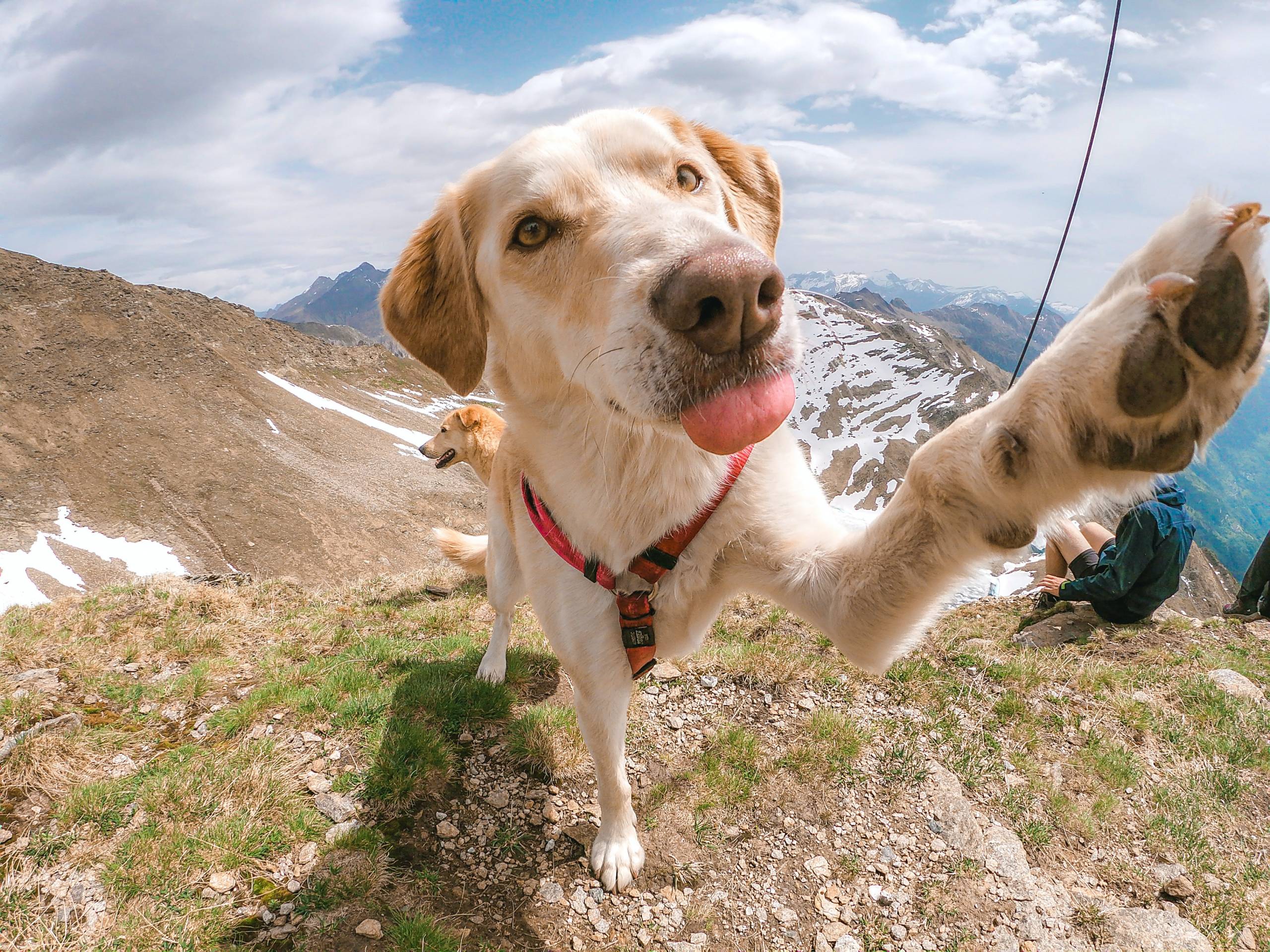Seeing a beloved dog unwell can be incredibly difficult. When our furry friends are sick, ensuring they stay hydrated becomes one of the most important tasks. Dogs, like humans, need water to maintain their health, especially when they are not feeling their best. If you find your dog reluctant to drink water, you’re not alone. Many pet owners face this challenge, and understanding the reasons behind your dog’s refusal, as well as practical ways to encourage them, can significantly aid in their recovery.
Understanding Reluctance to Drink
A sick dog may show little interest in food or water. This lack of appetite can stem from various reasons, such as nausea, pain, or general lethargy. Insufficient water intake can lead to dehydration, complicating your dog’s health further. Recognizing signs of dehydration is crucial. Look for symptoms like dry gums, sunken eyes, and a loss of skin elasticity. If you observe any of these signs, take action to encourage hydration.
Making Water More Appealing
One effective method to encourage a sick dog to drink is by enhancing the water’s appeal. Dogs often prefer fresh, cool water over stagnant options. If your dog has a favorite bowl, use that one. Refresh the water frequently to keep it clean and cool. Some dogs are more inclined to drink from a pet water fountain, as the flowing water can intrigue them.
Adding Flavor to Water
Another way to entice your dog is by adding flavor to the water. Mixing in low-sodium chicken or beef broth can make the water more appealing, especially for dogs that feel unwell. Be cautious with the amount you use, as excessive broth can upset their stomach. You can also offer ice cubes made from broth or water with treats frozen inside, turning hydration into a special treat.
Offering Moist Food
If your dog remains hesitant to drink, consider offering water in different forms. Many dogs enjoy moist food, so adding water to dry kibble or offering wet food can provide hydration while ensuring they receive nutrition. Experiment with various wet food brands to find one that your dog enjoys.
Using a Syringe or Dropper
Sometimes, drinking water might be uncomfortable for a sick dog. If nausea is an issue, they may avoid drinking to prevent aggravating their stomach. In such cases, offering small amounts of water through a syringe or dropper allows you to control the quantity and prevents overwhelming your dog. Aim to provide small amounts every few minutes rather than large quantities all at once, especially if your dog is too weak or nauseous to stand and drink from a bowl.
Creating a Comfortable Environment
Creating a calm and comfortable environment can help your dog feel more relaxed and willing to drink. Ensure they have a quiet, cozy space to rest without distractions. Extra attention and comfort can make a significant difference. Your presence can encourage them to drink, as they may feel more secure knowing you are there.
Seeking Veterinary Assistance
If your dog refuses water for an extended period, consulting a veterinarian is essential. Persistent refusal to drink can lead to serious health issues, and professional guidance is crucial. Your vet may suggest more intensive hydration methods, such as subcutaneous fluids, especially if your dog is severely dehydrated. They can also provide insights into any underlying health issues causing your dog’s reluctance to drink.
Monitoring Hydration and Health
Monitoring your dog’s hydration levels is vital. In addition to keeping an eye on their water intake, check their overall condition. Look for changes in energy levels, coat quality, and behavior. These factors can provide valuable information about their hydration status and overall health. If you notice any concerning changes, reach out to your veterinarian promptly.
Being Patient and Attentive
Understanding the importance of hydration and how to encourage your sick dog to drink is essential. Approach the situation with patience and empathy. Every dog is different, and what works for one might not work for another. Being attentive to your dog’s needs and preferences can help you find the best approach to ensure they stay hydrated.
Finding Support
If you’re struggling to keep your dog hydrated, remember that many pet owners face similar situations. Plenty of resources are available for support, whether it’s online forums, local pet groups, or your veterinarian. Other dog owners may share their experiences and success stories, providing tips that could work for your situation.
Keeping your dog hydrated is a vital aspect of their care, especially when they are unwell. Stay vigilant and proactive in your efforts. By creating a supportive environment, trying different techniques, and seeking professional help when needed, you can positively impact your dog’s health and recovery. Your love and concern are crucial during this time, and your efforts can significantly influence how your dog feels.
Ultimately, being there for your dog and showing them that you care can encourage them to drink and feel better. Recovery takes time, and your patience and dedication can lead to a happier, healthier dog.



